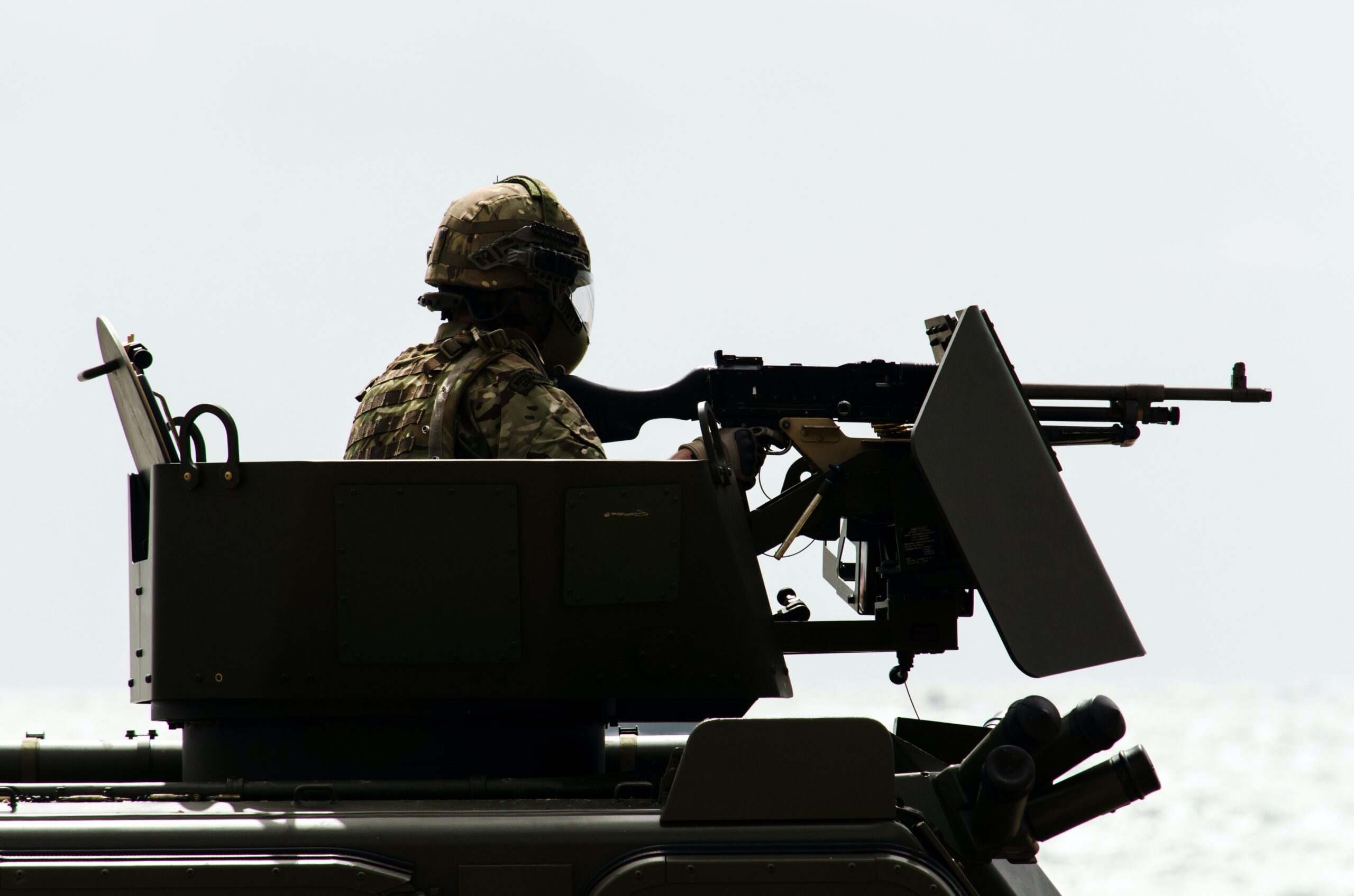By Sophia-Fai Roche BA Social Anthropology and Global Development
Prince Harry has been under fire recently for revelations made in his autobiography ‘Spare’, regarding his actions during the time he spent fighting in the military. Amongst other revelations, Prince Harry spoke of how he killed 25 people while fighting for the British Armed Forces. ‘My number is 25. It’s not a number that fills me with satisfaction, but nor does it embarrass me.’ Even more chilling, Prince Harry went on to explain that you cannot hurt an individual if you don’t see them as a human being in the first place. The army uses tactics to help its soldiers detach from their actions while fighting by pushing a narrative of them and us. They are trained to look at their targets as the ‘other’ and dehumanise them to enable them to carry out their orders effectively.
“My number is 25. It’s not a number that fills me with satisfaction, but nor does it embarrass me.”
Prince Harry goes on to explain that he saw his missions as a chess board, and the people as the chess pieces, slowly eliminating them as he went. Harry explains that ‘it’s not possible to kill someone if you see them as a human being’ and that the dehumanisation that occurred in the fighting on behalf of our armed forces also feeds into the gamification of war and how warfare is dangerously becoming similar to video games such as Call of Duty and Battlefield.
The gamification of warfare has been a long-discussed debate in recent years surrounding the military increasing physical and psychological detachment from fighting that now occurs, alongside the extent of the realism some video games emulate to real-life war experiences. Warfare technology is now so advanced that the shooter and insurgent could be half a mile away from each other and still administer a lethal weapon. This distance between the shooter and insurgent makes it easier for individuals to pull the trigger and detach from their target and, therefore, their actions. No longer is combat-led fighting a predominant feature in warfare, and with this, the grasp of the extent of their actions, of taking a human life, is more dehumanised.
Video games and actual warfare interactions have become close to indistinguishable, the army has revealed how they use this technology as part of their military training. The Red Cross has noticed the increasing realism that these video games are emulating and are working with producers to enhance their compliance with International Humanitarian Law. We know the impact these video games have on young people’s psyches, so the chilling realism they depict regarding their similarity to real-life warfare is a worrying revelation.
Prince Harry’s shocking revelations have led to a division of opinion when it comes to how candidly he spoke about his actions while fighting for the British Armed Forces. Former U.K military officers like Richard Kemp have criticised the revelations in his publication as it could ‘provoke the Taliban and their followers to carry out attacks against the UK.’ This comes after the Taliban swiftly responded to Prince Harry’s statement saying: ‘The ones you killed were not chess pieces, they were humans; they had families who were waiting for their return.’ The former head of the Royal Navy, Admiral Lord West, told the Sunday Mirror that Prince Harry was putting the future of his Invictus Games into jeopardy and that his revelation was ‘very stupid.’ There are potential real-life security ramifications for Prince Harry’s revelations, and this is the reason why individuals in the army do not publicly discuss their kill counts.
However, on the flip side, Jessica Wolfendale, a professor of philosophy at Case Western Reserve University’s Inamori International Centre for Ethics and Excellence, says that there are bigger questions to be asked regarding Prince Harry’s revelations. She believes that the attitude that he has presented is one that is representative of the entire British Forces and is not an anomaly. She maintains that this publication brings to life the type of training members receive, and emphasises the increasing physical and psychological distance that individuals experience from their targets thanks to the almost gamification of warfare. Individuals can build up a natural human resistance to killing.
Photo credit: Upsplash / Robert Catarinicchia.
